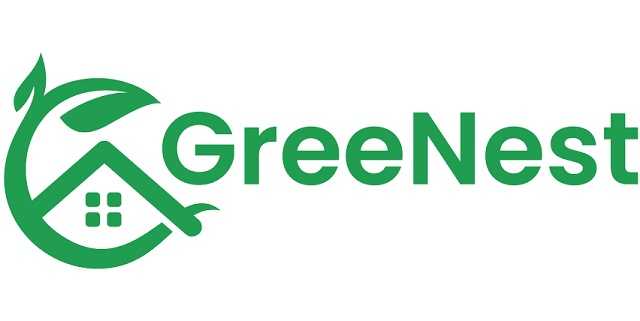
BRUSSELS, Belgium – Every day, billions of cups of coffee generate vast amounts of coffee grounds as waste: KA-RZ explores how this overlooked resource can be transformed into a sustainable building material. This approach combines sustainability, efficiency and technological innovation and opens up new possibilities for environmentally friendly construction.
The idea originated from Olaf Elze, director of the German company K-MÄLEON, a partner in the GreeNest project, when he realised that the whole world drinks coffee and that countless tonnes of coffee grounds end up in the bin every day. Instead of treating it as waste, Elze saw that this organic raw material has valuable properties.
Coffee grounds are rich in organic components and can serve as a sustainable raw material for the production of a high-performance insulating material.
The aim was to develop a building material that is not only environmentally friendly but also has excellent insulating properties and can be used in a variety of ways in the construction industry. In addition, the product promotes circularity: after use, the materials used can be fully recycled and returned to the production cycle.
The development process
The development process began with analysing the raw material properties. The main ingredient is the dried coffee grounds with a low residual moisture content. A special additive called Purschaum was developed for binding and pore formation, a non-hazardous foam that acts as a pore-forming agent. This foam is produced in a mixing process with water and foaming agent and mixed homogeneously with the coffee grounds.
The process is easy to control and allows flexible adjustment of the density of the final insulation product. The thermal conductivity can be specifically adjusted by varying the mixing ratio.
Laboratory tests within the project confirmed the excellent thermal properties, mechanical stability and durability of the material. The material is versatile and fulfils the requirements for sustainable building products.
Manufacture and production
The manufacturing process takes place at room temperatures, i.e. cold curing, which significantly reduces energy consumption. The system technology is straightforward, scalable and can be used in both stationary and mobile systems. This makes production efficient, cost-effective and resource-saving.
Production requires little energy and relies on simple components, which keeps investment costs low. The raw materials are also readily available: As coffee grounds are a global waste, procurement costs are minimal. Production conserves resources and actively reduces the carbon footprint.
The advantages
The innovative building material made from recycled coffee grounds offers several significant benefits. In particular, thermal insulation is particularly noteworthy: with a thermal conductivity of less than 0.03 W/(m²K), it significantly outperforms conventional insulating materials such as Ytong, resulting in considerable energy savings and a reduction in CO2 emissions.
As at least half of the material consists of organic coffee grounds, a waste product, the building material actively contributes to the circular economy and sequesters CO2. The manufacturing process is also extremely environmentally friendly, as it takes place at low temperatures between 20 and 40 °C and therefore consumes very little energy.
The material is free from harmful ingredients such as fibres or plastics, making it an ecologically safe alternative. It is characterised by permanent breathability and diffusion openness, which ensures a pleasant indoor climate.
The post KA-RZ: A sustainable building material made from coffee grounds appeared first on Comunicaffe International.


